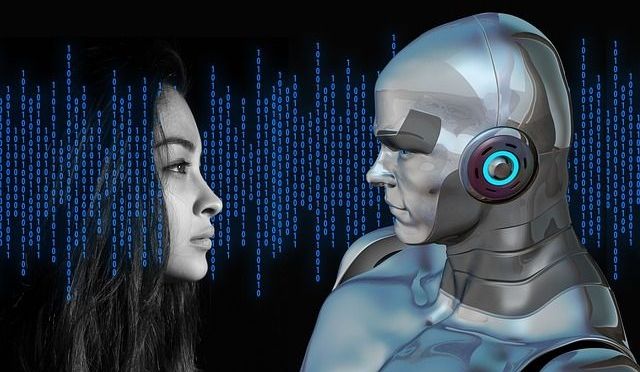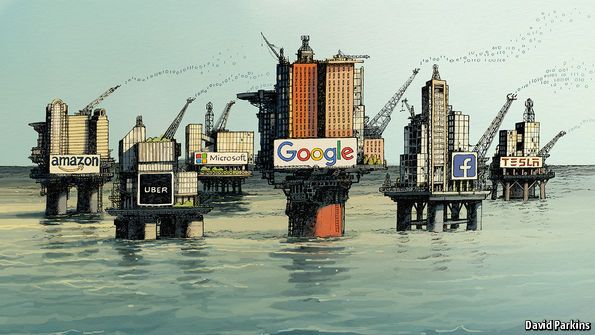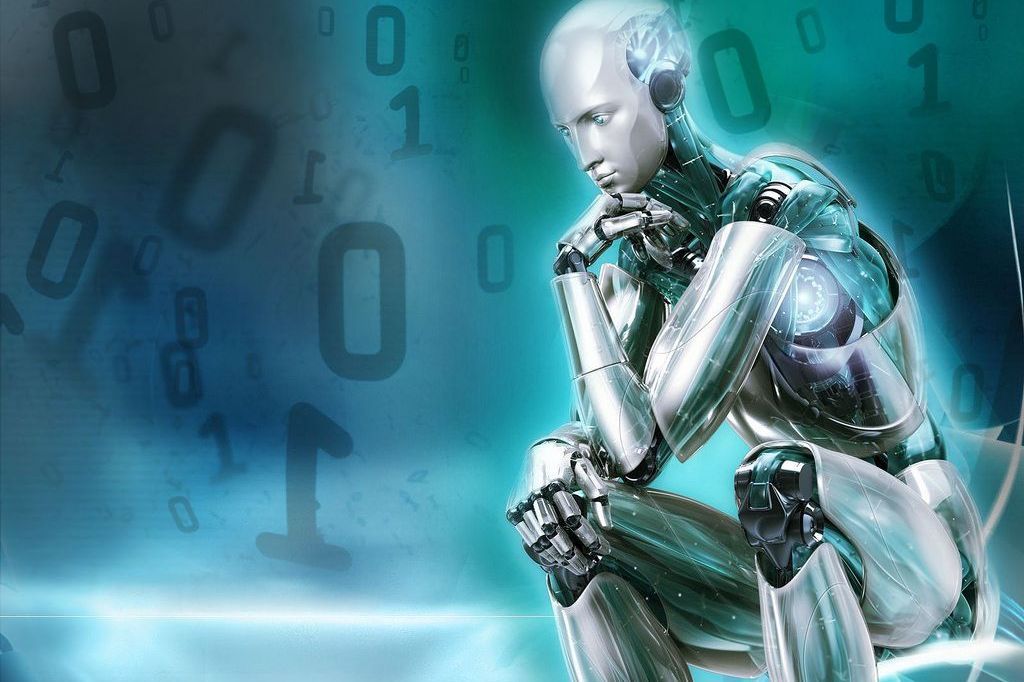May 23, 2017
Self-driving cars could cost America’s professional drivers up to 25,000 jobs a month, Goldman Sachs says
Posted by Dan Kummer in categories: economics, employment, robotics/AI, transportation
The full impact of self-driving cars on society is several decades away — but when it hits, the job losses will be substantial for American truck drivers, according to a new report from Goldman Sachs.
When autonomous vehicle saturation peaks, U.S. drivers could see job losses at a rate of 25,000 a month, or 300,000 a year, according to a report from Goldman Sachs Economics Research.
Truck drivers, more so than bus or taxi drivers, will see the bulk of that job loss, according to the report. That makes sense, given today’s employment: In 2014, there were 4 million driver jobs in the U.S., 3.1 million of which were truck drivers, Goldman said. That represents 2 percent of total employment.


 but adoption that mirrors the shift in our very understanding of bookkeeping, trust and transparency.
but adoption that mirrors the shift in our very understanding of bookkeeping, trust and transparency.













